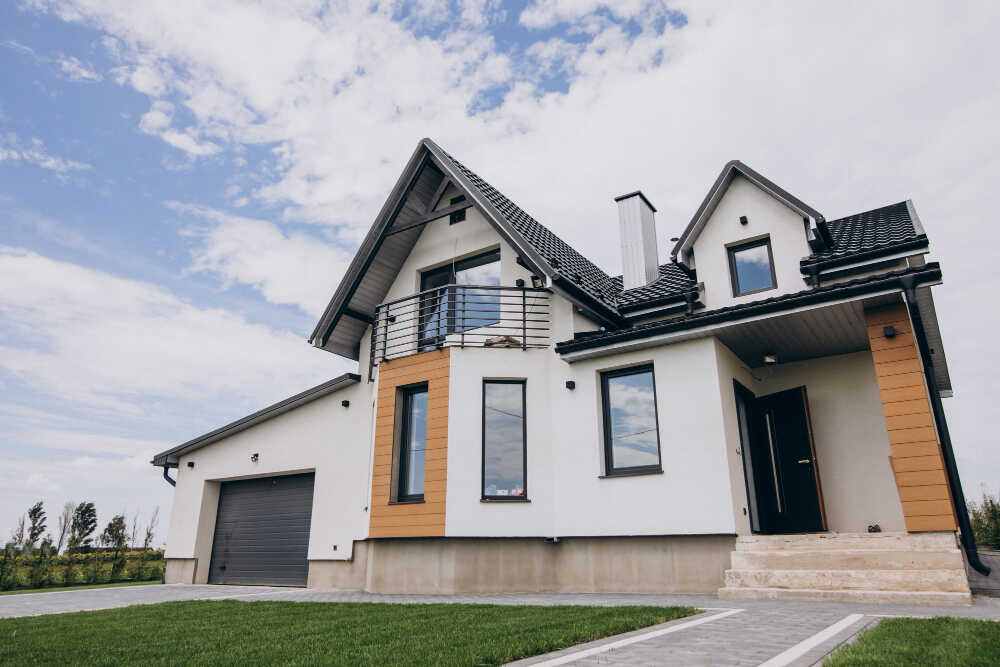
Buying a home is one of the most significant decisions you'll ever make. Finding a place that suits your current needs may be appealing, but it's also critical to consider its resale worth. After all, your home is not just your sanctuary—it's an investment. Whether you plan to sell it in five, ten, or twenty years, knowing how to assess its resale potential can save you a lot of stress and boost your future returns. Here are some easy-to-follow tips to help you evaluate a home's resale value before making your purchase. 1. Location, Location, Location The location of a home plays the most critical role in determining its resale value. Look for homes in areas with top-notch schools, easy access to commuting, and close proximity to shopping malls, parks, and supermarkets. Future buyers might prioritize these features even if you don't need them. Also, check for future developments in the area. Planned infrastructure projects or new businesses opening nearby can increase property values over time. 2. Pay Attention to Market Trends Research recent sales in the area. Homes in a neighborhood that consistently sell quickly and at good prices strongly indicate a promising resale value. Use online platforms to compare the sale prices of similar homes in the area over the past few years. Steady price appreciation means your investment is likely to grow. 3. Look at the Floor Plan A flexible and useful floor plan can greatly increase a house's appeal. Open layouts, sufficient storage space, and features like an extra bedroom or bathroom are often in high demand. Avoid homes with outdated designs or overly personalized features, as they can deter future buyers. Stick to classic and timeless layouts that appeal to a broader audience. 4. Condition of the Home Inspect the home for maintenance issues and potential red flags. Major repairs—like a damaged roof, outdated plumbing, or foundation cracks—can hurt resale value if left unaddressed. A home in excellent condition with modern upgrades and energy-efficient systems will always attract more buyers and higher offers. 5. Check the Surrounding Properties The value of neighboring properties can influence the resale value of your potential home. A well-maintained neighborhood with tidy yards and modernized homes indicates a pride of ownership, which reflects positively on the entire area. Conversely, if neighboring homes are poorly maintained, it could lower your property's value. 6. Avoid Overpricing Buying the most expensive home on the block might feel like a win, but it could limit your future profits. Instead, consider homes that are slightly below the neighborhood's price average. These properties have more room for growth and improvement, making them a better long-term investment. By following these steps, you can make a smarter decision when buying a home. Remember, your purchase today could be someone's dream home tomorrow—and a profitable investment for you!
Enter your email address and we will send you a link to change your password.